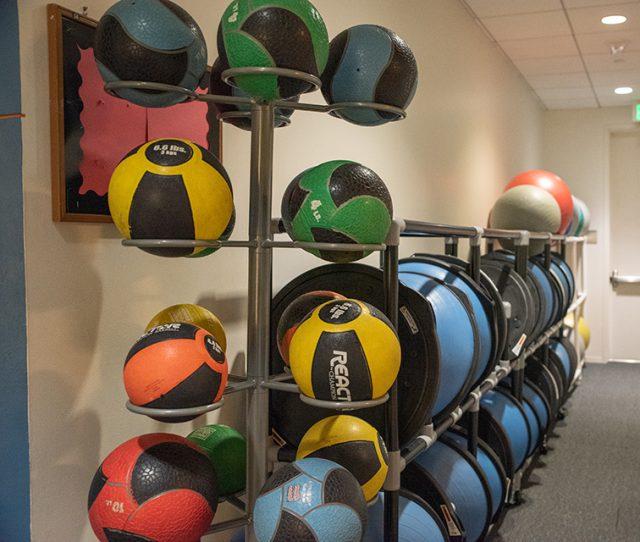Blair Peacock
reporter
The second workshop of Frost Bank’s Financial Literary Series was held virtually Oct. 6, showing how students can set goals for spending, saving and debt repayment.
Gilbert Rodriguez, a community representative with Frost, led the series.
“It’s just a healthy thing to do when it comes down to finances,” Rodriguez said.
The budgeting class started with clips from a television show called Life or Debt. During the clips, a motivational speaker met with an engaged couple who had racked up over 19 months of missed mortgage payments to maintain their material lifestyle.
“What this couple struggled with is what we call ‘Keeping up with the Joneses,’” Rodriguez said.
This describes when individuals keep a high-profile life on the outside but conceal problems, such as too much debt.
Rodriguez asked the class members how they felt about how the couple managed and maintained their finances.
“I know I wouldn’t want to be on TV if I was that much in debt,” a student typed into the chat.
Amalia Guadalupe, an administrative assistant with the Family Empowerment Center on South Campus, organized the workshop as a resource for students.
“College presents a unique time in a young person’s life where financial literacy education is particularly important,” she said. “These personal finance resources also lay the groundwork for major decisions that happen shortly after college graduation – like buying a home, a car and managing credit and debt.”
Student Victoria Stucker said she got a lot out of the workshop.
“I think budgeting is a great tool to learn,” Stucker said. “I definitely think that full-time college students with a part-time job could benefit from these classes. It is a struggle for sure.”
Rodriguez said 40% of Americans would not be able to afford a $400 emergency. He gave multiple tips on how to save with two different methods, methods on how to repay debt and how to set financial goals to help them succeed in budgeting their finances.
“Pay yourself first,” he said.
For students to budget correctly, he said they must create a method that fits best for their situation. He encouraged students to put their needs before their wants to help create a stress-free and easier way to handle budgeting.
“Budgeting helps separate wants from needs,” Guadalupe said. “This allows students to identify expenses that absolutely need to be paid – things like tuition, housing, and food – thus worthy of taking out a student loan.”


































